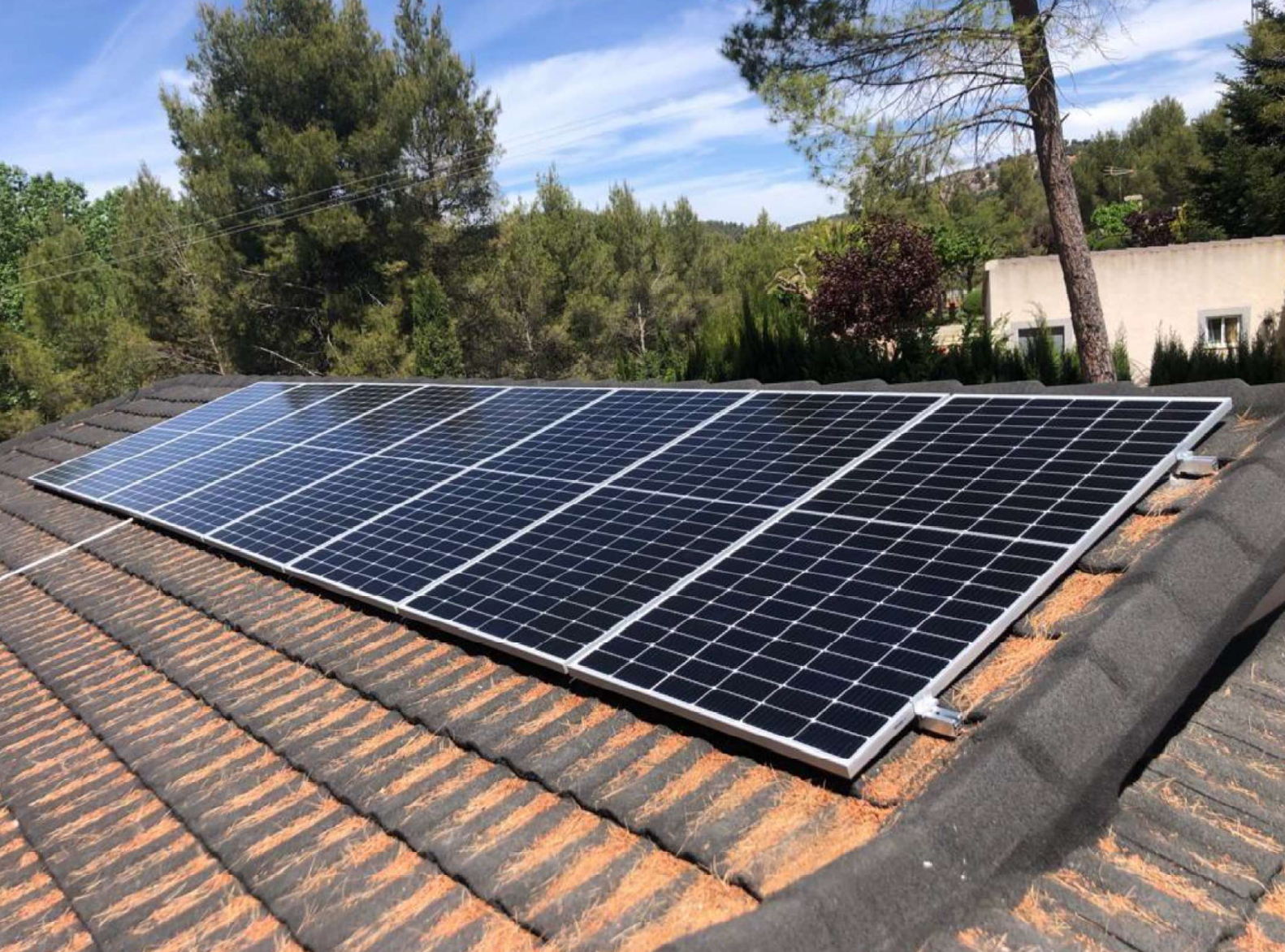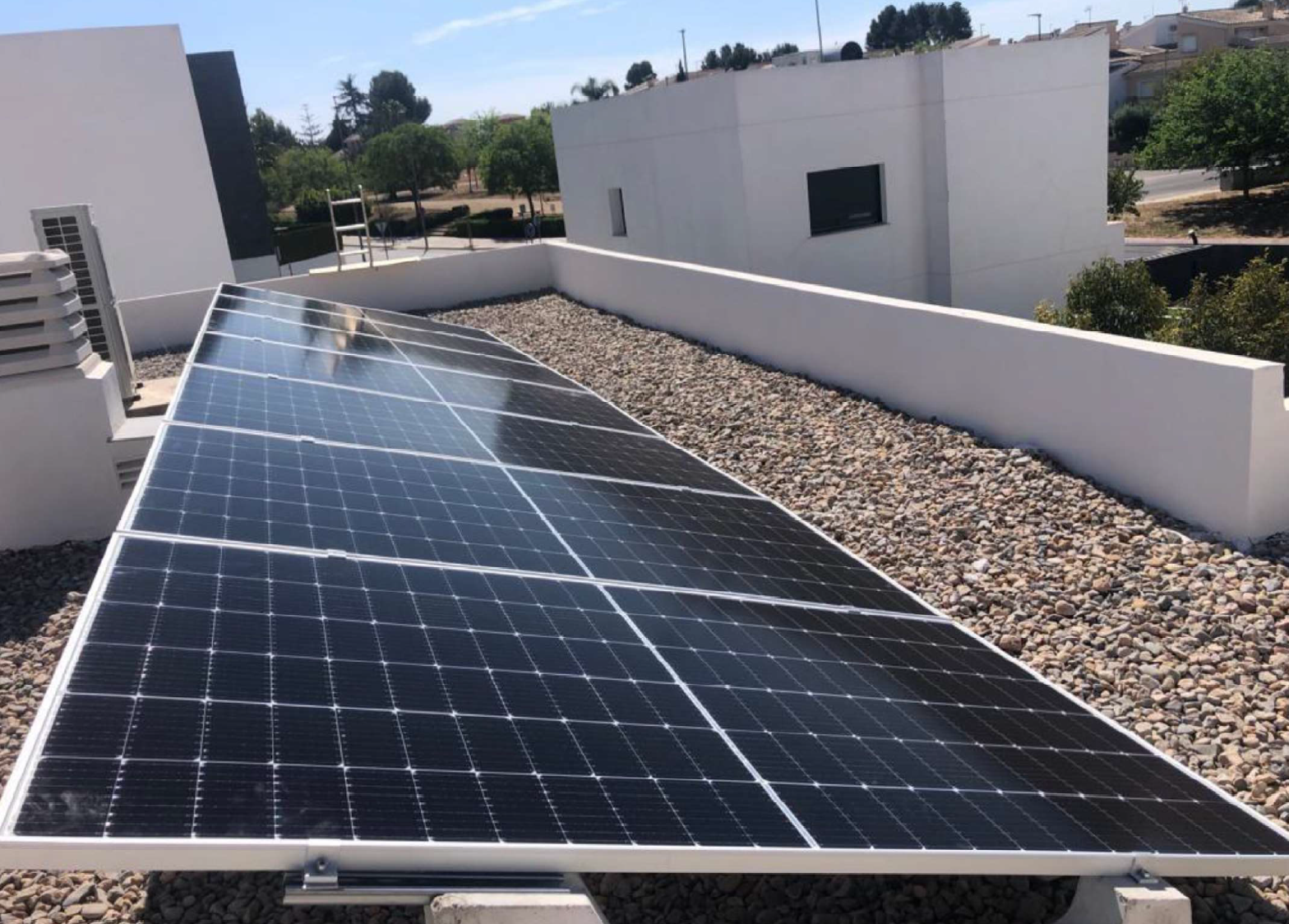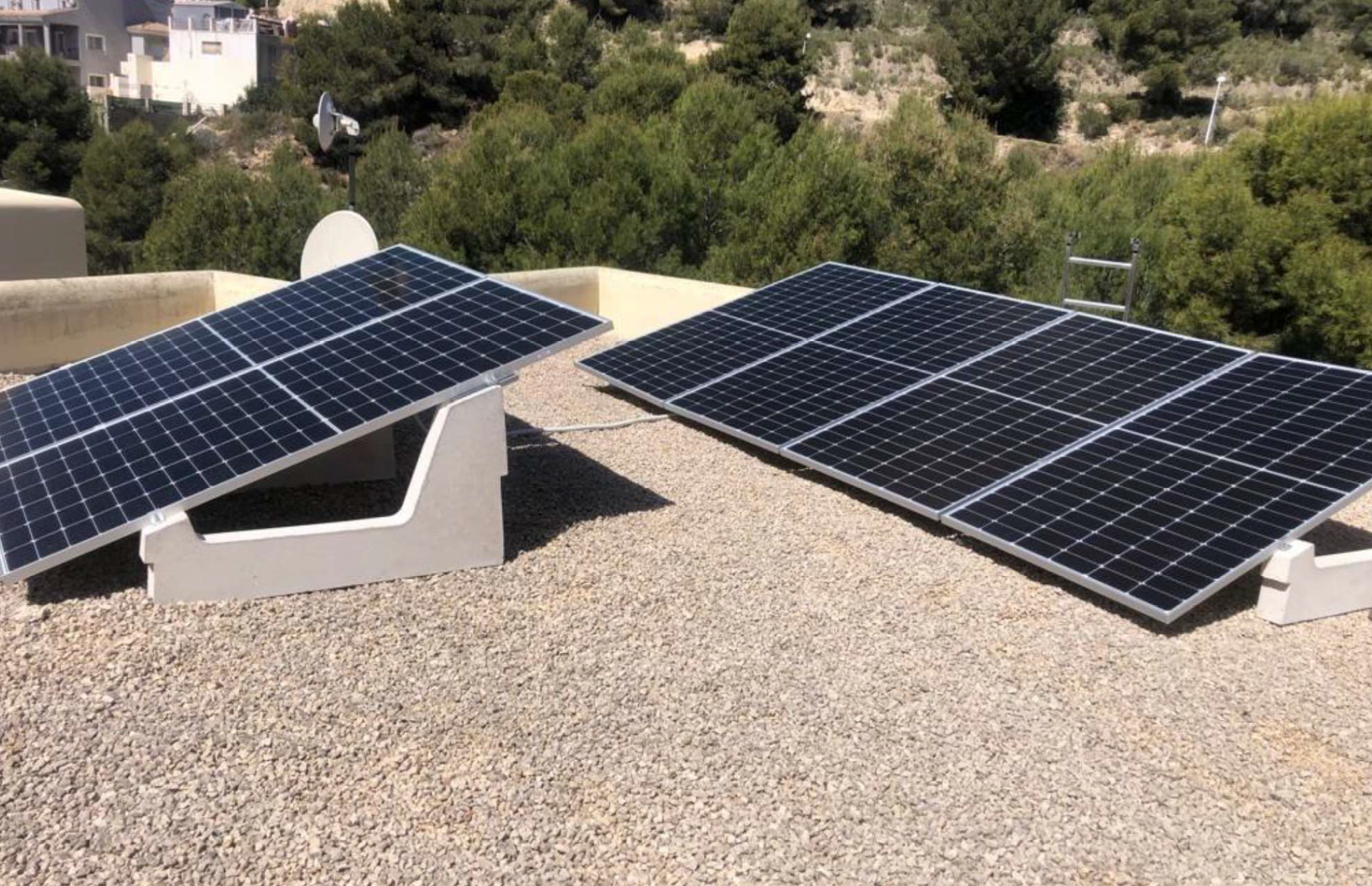
Solar Panels: Introduction
Solar energy is an increasingly attractive option if you want to reduce your reliance on conventional energy sources and adopt a more sustainable approach. In particular, solar panels offer an efficient and environmentally friendly way to generate electricity.
If you are considering installing solar panels on your home or business, it is essential to consider various factors before making a decision. These include potential cost savings, environmental impact, and several other crucial aspects to ensure that this investment is right for you.
This article explores the key considerations when evaluating the feasibility of installing solar systems on your property. We will examine everything from site analysis and technical requirements to the financial and environmental benefits associated with adopting this technology.
By the end of the article, you will have a better understanding of what installing photovoltaic panels involves and be able to make an informed decision about whether it is the right option for you.

Issues to consider:
Firstly, before installing solar technology, it is crucial to evaluate the location of your home or business. Specifically, the amount of available sunlight at the site is a determining factor for the efficiency and energy production of solar panels. Moreover, you should consider the orientation of your property, the amount of shade that may exist due to trees, buildings, or other obstacles, and the roof’s inclination or the availability of space on the ground. A thorough site analysis will help determine if it is suitable for maximizing solar energy utilization. It is a fundamental factor in choosing the type of installation.
Assessment of energy capacity and consumption:
Before investing in solar panels, it is important to assess your current energy consumption. Understanding the amount of energy you consume on average will help determine the size and quantity of solar panels needed to meet your needs. Additionally, consider whether your energy consumption may change in the future, either due to an increase in the use of electrical devices or the expansion of your business. This will allow you to properly size your solar system and plan for the future
It is essential to consider what portion of your electrical demand you want to cover with solar panels. Sizing the equipment to cover the maximum demand peak implies that part of the installation will be underutilized for the rest of the day, making it challenging to recover costs, and unnecessary expenses and material consumption may occur. Where is the balance? A good provider should be able to address this concern and help find the right equilibrium
Budget and return on investment:
The installation of solar panels is a long-term investment, so you must consider your available budget and calculate the return on investment. Although the initial cost may be substantial, solar technology can generate significant savings on your electricity bills over time. Conducting a financial analysis that includes the installation cost, potential energy savings, and available incentives or subsidies in your area will help you determine the time needed to recover your investment and the long-term economic benefits.
Indeed, besides cost, there are other factors we must consider
Environmental benefits:
In addition to the economic benefits, installing solar panels has a positive impact on the environment. By harnessing solar energy, you reduce dependence on non-renewable energy sources and contribute to the reduction of greenhouse gas emissions. Consider the positive impact you can have on the fight against climate change and the conservation of natural resources.
At the end of their useful life, solar panels will need to be removed, and currently, around 90% (in some cases reaching 95%) of the total recycling of components is being achieved. For instance, in a 6 kW power installation, we may have prevented the emission of 2.6 tons of CO2 into the atmosphere (equivalent to planting 120 trees).
Additional benefits:
In addition to the economic and environmental benefits, the installation of solar panels can offer additional advantages. For example, some solar systems allow for energy generation during a power outage, which can be especially useful in areas prone to power cuts. Furthermore, installing solar panels can increase the value of your property and be a standout feature when selling or renting.
Regulations and permits:
Before installing solar panels, check local regulations and requirements for necessary permits. In some cases, specific restrictions or guidelines regarding the installation of solar panels, such as size limitations, orientation, or aesthetic considerations, may apply. Ensure compliance with all current regulations and obtain the necessary permits before proceeding with the installation.
Maintenance and warranties:
Consider the maintenance and warranties associated with solar panels. While solar panels require minimal maintenance, such as periodic cleaning and checking their performance,
it is important to understand the warranties provided by the manufacturer and installer. Make sure to gather information about the after-sales service and technical support available. Be cautious with warranties. Why do some companies offer 12-year warranties while others provide 25?
Why do some companies offer 12-year product warranties and 25-year efficiency warranties? The answer will help you avoid potential future issues (remember, it’s a long-term project). Look for trustworthy companies. With the boom in the sector, many new companies have emerged, but if they don’t establish themselves, having service warranties with them won’t be of any use.

Consultation with experts:
If you are seriously considering the installation of solar panels, it is advisable to seek the advice of experts in the field. Consulting with experienced solar panel installers and requesting several quotes to compare prices and options is essential. A professional can evaluate your specific situation, provide personalized recommendations, and answer all your questions related to the installation and operation of the solar system
Research on incentives and programs:
Before making a final decision, research the incentives and programs available in your area that may make the installation of solar panels even more attractive. For instance, some local and state governments offer grants, tax credits, or other incentives to encourage the adoption of solar energy. Find out if there are renewable energy programs in your region that can help finance the installation or reduce initial costs.
Long-term planning:
The installation of solar panels is a long-term decision, so it is important to think about your future needs. Consider your long-term life or business plans and how the installation of solar panels fits into those plans. If you intend to expand your home or business, make sure to leave room for the expansion of the solar system in the future.
Remember that each situation is unique, so it is important to consider all these factors before making the decision to install solar panels in your home or business






